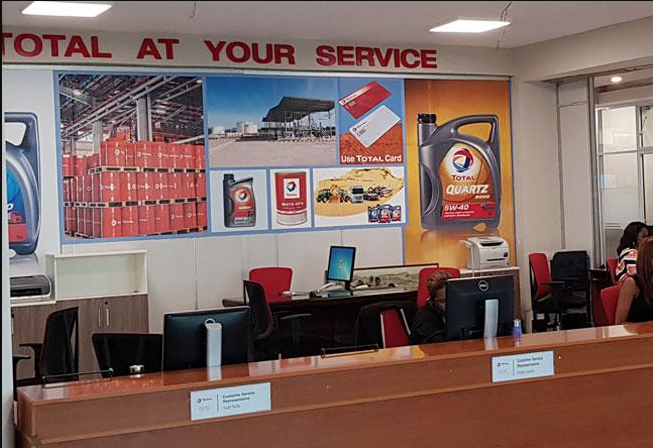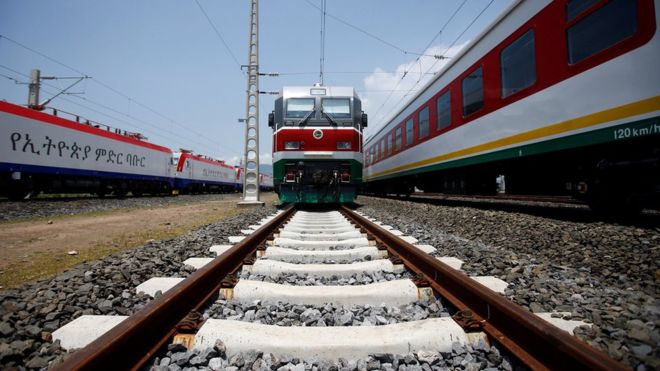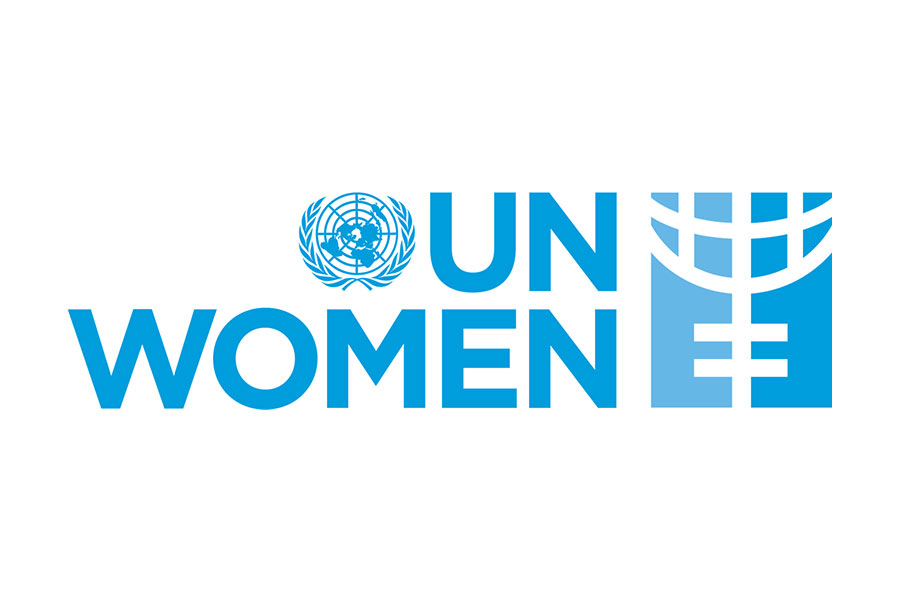
Fortune News | Jun 15,2019
Jul 6 , 2019
By TEMESGEN MULUGETA ( FORTUNE STAFF WRITER )
 To determine the feasibility of the project, the Ethiopian Railways Corporation has tendered a request for proposal looking for a company to conduct a study on the project, requesting the submission of financial and technical offers.
To determine the feasibility of the project, the Ethiopian Railways Corporation has tendered a request for proposal looking for a company to conduct a study on the project, requesting the submission of financial and technical offers. The government is considering the construction of a 1,512Km standard gauge railway line that will connect Ethiopia with Sudan.
To determine the feasibility of the project, the Ethiopian Railways Corporation has tendered a request for proposal looking for a company to conduct a study on the project, requesting the submission of financial and technical offers.
Approximately 594Km of the railway line will run through Ethiopia starting in Addis Abeba, travelling through Weldia, Wereta, Gonder and Metema and then across the Sudan boarder. The remaining 918Km line will connect Metema with the Port of Sudan running through Galabat-Gadarif-Kassala and Haiya towns in Sudan. Two percent of Ethiopia’s cargo is ferried through Port Sudan.
Expected to begin in four to five months, the overall process of the feasibility study is planned to be completed within 20 months, while the construction of the railway line is expected to take up to four and a half years.
The African Development Bank, a financial institution comprising 54 African countries and dedicated to promoting economic and social progress in the continent through loans, equity investments and technical assistance, will finance the study.
The Bank has allocated an estimated 3.2 million dollars for the study. It will disburse the funds under two components: for the preparation of a complete feasibility study and to cover regional validation workshops to build consensus, review and approve the study outputs.
The project will present a strong case for economic development in the Horn of Africa by reducing the costs of doing business by facilitating the movement of persons and goods, providing infrastructure to transport goods and services supporting trade, industrialisation and regional integration, according to Abdul B. Kamara, (PhD), country manager of the African Development Bank Group.
“The role of the Bank in the feasibility study is in monitoring the implementation of the project through supervisory missions and quarterly progress reports submitted by the Corporation,” said Abdul.
The winning consultancy firm will assess the engineering services, cost estimates, railway operation analysis, environmental and social impact analysis, economic and financial analyses, economic evaluation and sensitivity analysis and private sector participation.
Engineers in the railway industry estimated the total cost of the project to be nine billion dollars. The 656Km railway that connects Ethiopia with the port of Djibouti cost the two countries 4.2 billion dollars.
Inaugurated in October 2017, the Ethio-Djibouti railway was constructed by China Railway Group Ltd and China Civil Engineering Construction Corporation after the two countries secured 70pc of the financing from the Export-Import (EX-IM) Bank of China.
An expert in the railway industry believes that the project could not be realised, due to the current debt level of Ethiopia.
“The Corporation has to take a lesson from the ongoing railway projects,” he adds.
Weldiya-Hara Gebeya-Mekelle railway project that covers 216Km has been under construction by China Communications Construction Company at the cost of 1.5 billion dollars. After construction of the project reached 56pc completion, construction was halted due to financial problems.
Tesfaye Melaku, a lecturer in the economics department at Bahir Dar University, believes that the project will not be realised, since the government has announced it does not have a plan to start new mega projects until it is finished with those already begun.
“Securing financing in the current economic situation of the country is a major challenge,” said Tesfaye.
The government should work on solving electric power shortages before planning to build a new railway line that operates by electrical power, according to Tesfaye.
Dereje Tefera, communications director of the Ethiopian Railway Corporation, declined to comment on the issue.
PUBLISHED ON
Jul 06,2019 [ VOL
20 , NO
1001]

Fortune News | Jun 15,2019

Editorial | Jan 01,2022

Sponsored Contents | Oct 25,2021

Radar | Jan 31,2021

Fortune News | Jun 01,2024

Radar | Nov 14,2020

Radar | Oct 19,2019

Commentaries | Dec 07,2019

Radar | Oct 01,2022

Radar | Sep 18,2022

Dec 22 , 2024 . By TIZITA SHEWAFERAW
Charged with transforming colossal state-owned enterprises into modern and competitiv...

Aug 18 , 2024 . By AKSAH ITALO
Although predictable Yonas Zerihun's job in the ride-hailing service is not immune to...

Jul 28 , 2024 . By TIZITA SHEWAFERAW
Unhabitual, perhaps too many, Samuel Gebreyohannes, 38, used to occasionally enjoy a couple of beers at breakfast. However, he recently swit...

Jul 13 , 2024 . By AKSAH ITALO
Investors who rely on tractors, trucks, and field vehicles for commuting, transporting commodities, and f...

Oct 18 , 2025
The political establishment, notably the ruling party and its top brass, has become p...

Oct 11 , 2025
Ladislas Farago, a roving Associated Press (AP) correspondent, arrived in Ethiopia in...

Oct 4 , 2025
Eyob Tekalegn (PhD) had been in the Governor's chair for only weeks when, on Septembe...

Sep 27 , 2025
Four years into an experiment with “shock therapy” in education, the national moo...